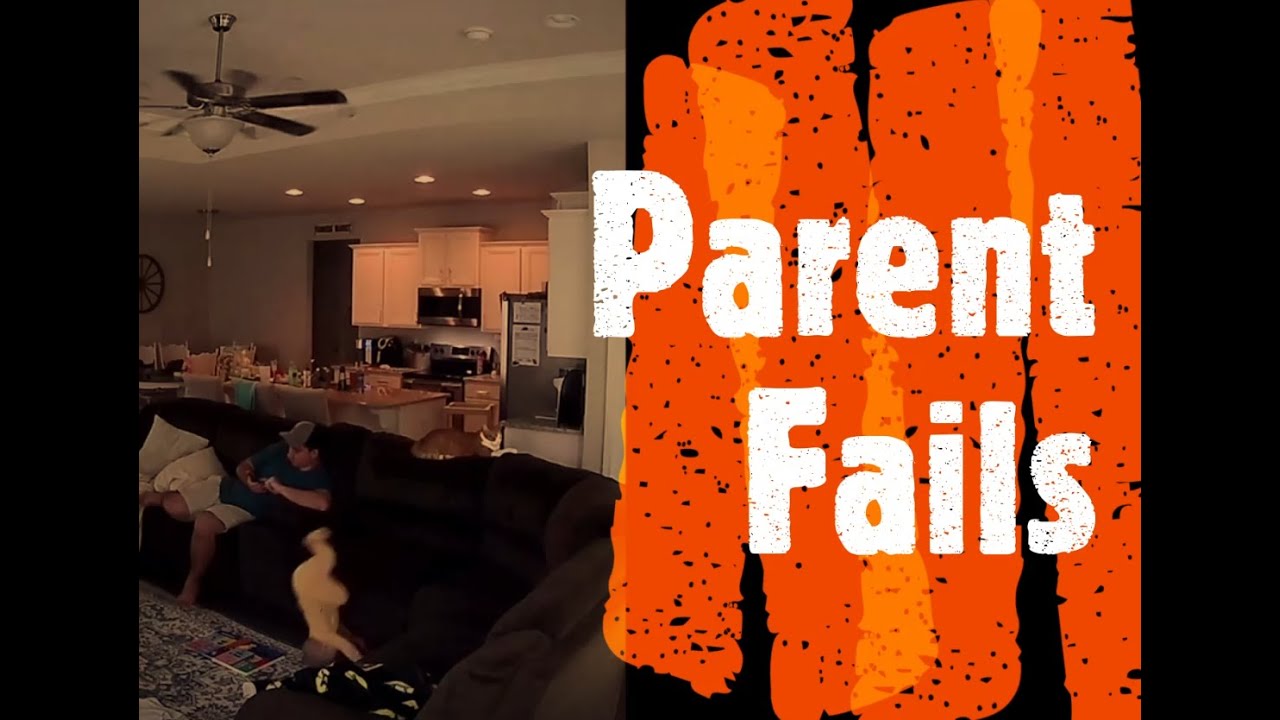
Confronting the Fear of Failing as a Parent: A Realistic Guide
The journey of parenthood is often depicted as a blissful adventure filled with heartwarming moments and unconditional love. While these aspects are undoubtedly present, the reality is far more complex. Many parents grapple with a pervasive fear: the fear of failing as a parent. This anxiety can stem from a multitude of sources, including societal pressures, personal experiences, and the sheer weight of responsibility that comes with raising a child. But what does it truly mean to fail as a parent, and how can we navigate this fear constructively?
Understanding the Roots of Parental Fear
The fear of failing as a parent isn’t simply about making mistakes; it’s often rooted in deeper insecurities and societal expectations. Let’s explore some common contributing factors:
- Unrealistic Expectations: Social media often paints a picture of perfect families and effortless parenting. This can lead to unrealistic expectations, making parents feel inadequate when faced with the inevitable challenges of raising children.
- Personal Experiences: Our own childhood experiences heavily influence our parenting styles. If we had negative experiences with our own parents, we might fear repeating those patterns.
- Societal Pressure: Society places immense pressure on parents to raise successful, well-adjusted children. This pressure can be particularly intense in certain communities or cultures.
- The Weight of Responsibility: Parents are responsible for their children’s physical, emotional, and intellectual well-being. This responsibility can feel overwhelming, leading to anxiety and fear of making the wrong decisions.
- Lack of Support: Feeling isolated and unsupported can exacerbate the fear of failing as a parent. Having a strong support network of family, friends, or other parents can make a significant difference.
Defining “Failure” in Parenting: A More Compassionate Perspective
Perhaps the most crucial step in overcoming the fear of failing as a parent is to redefine what “failure” actually means. It’s important to recognize that perfection is unattainable, and mistakes are inevitable. Instead of striving for flawlessness, focus on being a “good enough” parent – someone who is present, loving, and committed to their child’s well-being. [See also: Positive Parenting Techniques]
Here are some key aspects of “good enough” parenting:
- Providing a Safe and Loving Environment: Ensuring your child’s basic needs are met and that they feel safe and loved is paramount.
- Being Present and Engaged: Spending quality time with your child and actively listening to their thoughts and feelings is essential.
- Setting Boundaries and Expectations: Establishing clear boundaries and expectations helps children learn responsibility and self-discipline.
- Modeling Positive Behavior: Children learn by observing their parents, so it’s important to model the behaviors you want them to adopt.
- Admitting Mistakes and Apologizing: Acknowledging when you’ve made a mistake and apologizing to your child teaches them humility and accountability.
Recognizing the Signs of Parental Burnout and Addressing Them
The fear of failing as a parent can often lead to parental burnout, a state of emotional, physical, and mental exhaustion caused by the chronic stress of parenting. Recognizing the signs of burnout is crucial for preventing it from spiraling out of control. [See also: Managing Stress as a Parent]
Common signs of parental burnout include:
- Exhaustion: Feeling constantly tired, even after getting enough sleep.
- Emotional Detachment: Feeling emotionally distant from your child or spouse.
- Loss of Enjoyment: No longer finding joy in activities you once enjoyed.
- Irritability: Feeling easily frustrated or angered.
- Feelings of Inadequacy: Believing that you are not a good parent and that you are failing as a parent.
If you are experiencing any of these symptoms, it’s important to take steps to address them. Here are some strategies for coping with parental burnout:
- Prioritize Self-Care: Make time for activities that help you relax and recharge, such as exercise, reading, or spending time in nature.
- Seek Support: Talk to your partner, a friend, or a therapist about your feelings. Don’t be afraid to ask for help.
- Set Realistic Expectations: Lower your expectations for yourself and your children. Remember that perfection is unattainable.
- Delegate Responsibilities: Share household chores and childcare responsibilities with your partner or other family members.
- Take Breaks: Schedule regular breaks from parenting, even if it’s just for a few minutes each day.
Practical Strategies for Overcoming the Fear of Failing as a Parent
Beyond addressing burnout, there are several practical strategies you can implement to overcome the fear of failing as a parent:
Focus on Your Strengths
Instead of dwelling on your weaknesses, focus on your strengths as a parent. What are you good at? What do your children appreciate about you? Acknowledge and celebrate your successes, no matter how small they may seem.
Practice Self-Compassion
Treat yourself with the same kindness and understanding that you would offer to a friend. Recognize that everyone makes mistakes, and that failing as a parent is a common fear. Avoid self-criticism and focus on learning from your errors.
Seek Professional Guidance
If your fear of failing as a parent is overwhelming or interfering with your daily life, consider seeking professional guidance from a therapist or counselor. They can provide you with tools and strategies for managing your anxiety and improving your parenting skills.
Embrace Imperfection
Accept that you will never be a perfect parent, and that’s okay. Embrace the imperfections and focus on being a loving and supportive presence in your child’s life. Remember, it’s the effort and intention that truly matter.
Communicate Openly with Your Children
Create an environment where your children feel comfortable expressing their thoughts and feelings. Listen to their concerns and validate their experiences. Open communication can strengthen your relationship and help you address any issues that may arise. [See also: Effective Communication with Teenagers]
Learn from Your Mistakes
Everyone makes mistakes, and parenting is no exception. Instead of dwelling on your errors, use them as opportunities for growth. Reflect on what happened, identify what you could have done differently, and commit to doing better in the future. This proactive approach can transform potential “failures” into valuable learning experiences. The idea of failing as a parent can be turned into a chance to learn and grow.
Build a Strong Support Network
Connect with other parents who can offer support, encouragement, and advice. Sharing your experiences and challenges with others can help you feel less alone and more confident in your parenting abilities. Consider joining a parenting group or online forum to connect with like-minded individuals.
The Long-Term Impact of Overcoming Parental Fear
Overcoming the fear of failing as a parent not only benefits you but also has a positive impact on your children. By demonstrating resilience, self-compassion, and a willingness to learn, you model valuable life skills for your children. You also create a more supportive and loving environment where they feel safe to take risks, make mistakes, and grow into confident and well-adjusted adults.
Ultimately, the goal isn’t to eliminate the fear of failing as a parent entirely, but to manage it effectively. By understanding the roots of this fear, redefining “failure” in a more compassionate light, and implementing practical strategies for coping with stress and building resilience, you can navigate the challenges of parenthood with greater confidence and create a fulfilling and meaningful relationship with your children. Don’t let the fear of failing as a parent define your journey; embrace the imperfections, celebrate the successes, and focus on being the best parent you can be.

